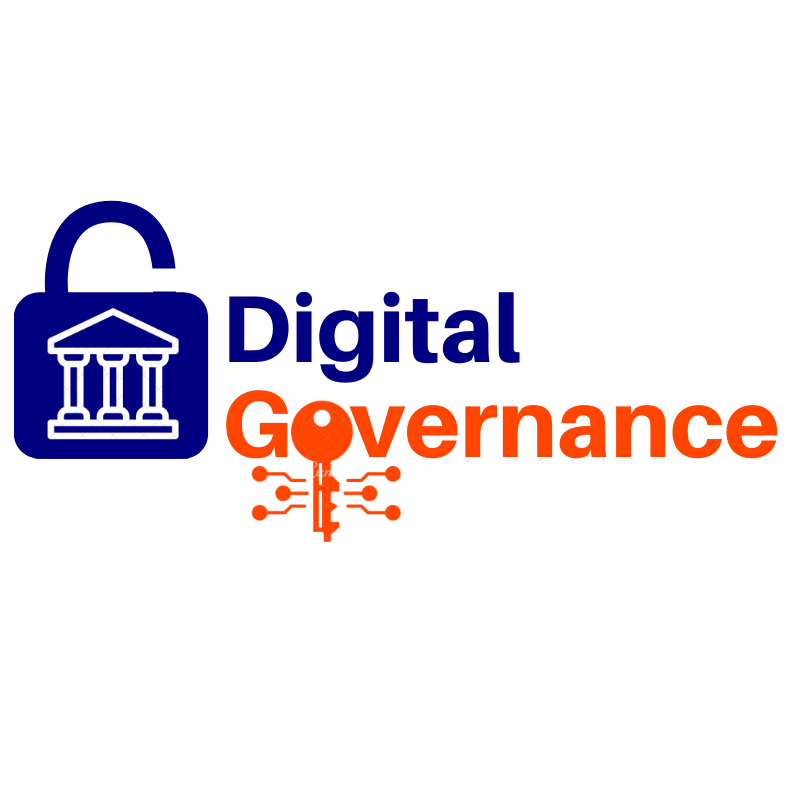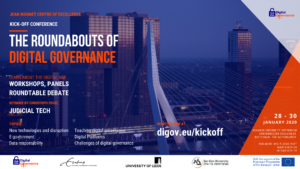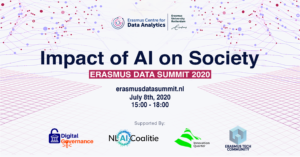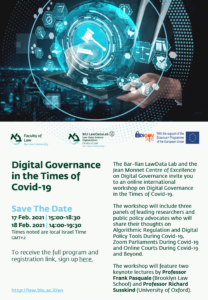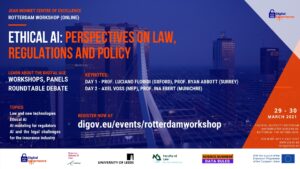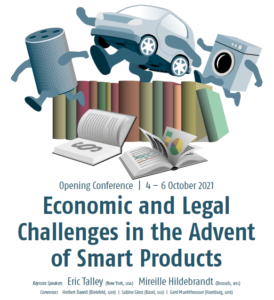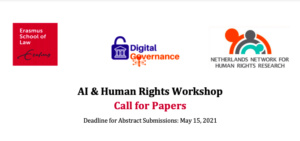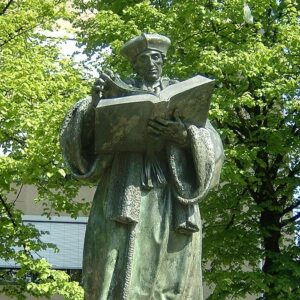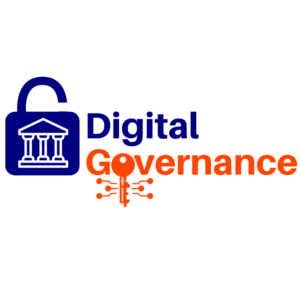Digital governance
Digital Governance (DIGOV) asks which rules and norms are needed to enable Big Data and Artificial Intelligence to fully support our individual and societal interests. To that aim DIGOV organizes international conferences, a visiting scholar program, policy consultations and builds up an open teaching platform.
The new podcast series of our DIGOV fellows: listen here
Interested in our free online course on digital governance?
Partnerships
more about us
Publications
Visit our publications page to view the DIGOV publications and presentations of the researchers at Erasmus University Rotterdam, University of Leeds and Bar-Ilan University.
Events
Learn about the Digital era, meet experts and join the discussion by visiting our events.
News
Want to get updated on our progress? Visit our news page for announcements, blog posts and podcasts.
DIGOV has become one of the associated members of ai4media
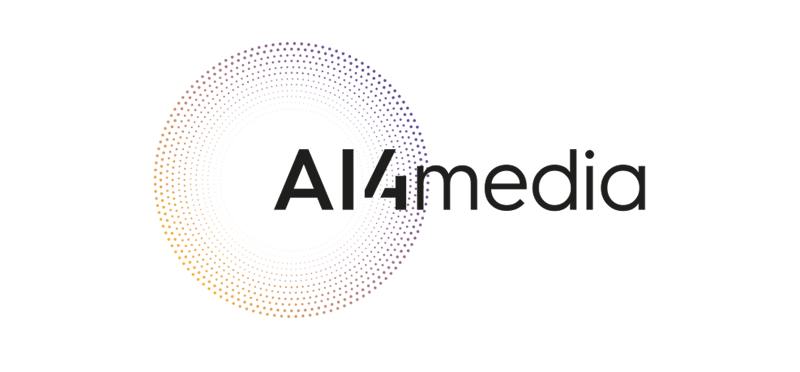
join digov
Interested in learning more? Subscribe using the form below to get notifications and updates about our publications, events and teaching modules.
Kick-Off Conference: The Roundabouts of Digital Governance
Erasmus University Rottedam, Burgemeester Oudlaan 50, Rotterdam, The Netherlands
AI and Human Rights Workshop: Friend or Foe?
On the crossroads of law and economics workshop: crime and computational methods
Online via Zoom
Between Competition and Regulation: Taming Online Platforms and Intermediaries
Online via Zoom
Conference: Competition Law and Beyond: Efficient Digital Markets Through Privacy, Taxation, and Consumer Protection.
University of Leeds
Digital Governance and the Law in the Age of AI
research and education
Big Data, Artificial Intelligence, Robots, 3D-Printing, the Smart Factory, Autonomous Cars or Chat Bots. These terms are shortcuts for the technological and social disruptions with which we are confronted at our workplaces, at home, at school, when we are buying something on the internet or when we take part in elections.
DIGOV aims to research the effects of these disruptions and educate students as well as the public about our findings.



